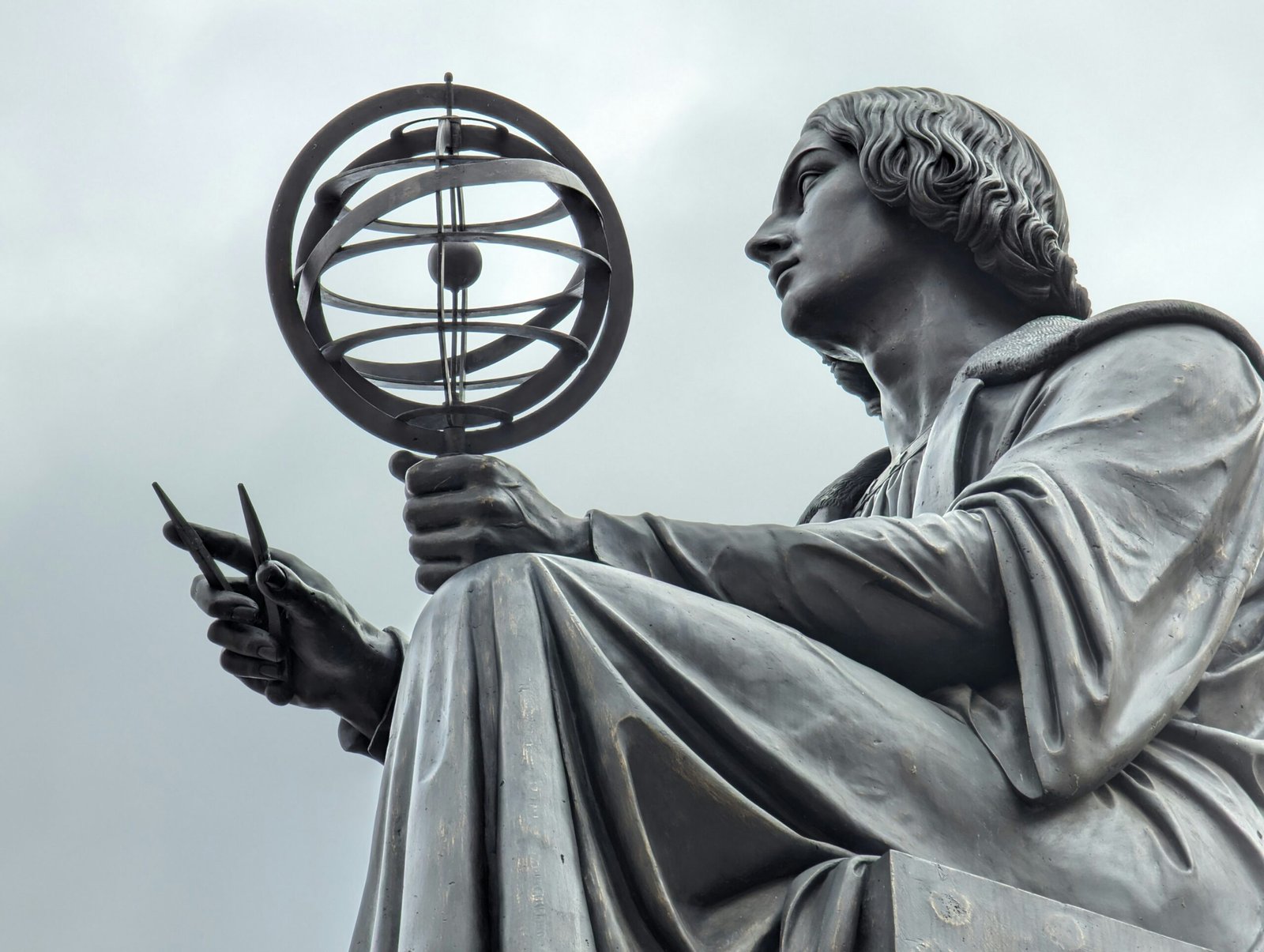1514: Nicolaus Copernicus Observes Saturn
On April 26, 1514, Nicolaus Copernicus, a renowned Renaissance astronomer and mathematician, made a groundbreaking observation that would shape the course of scientific understanding. This significant event marked his first recorded observation of Saturn, a planet that has fascinated astronomers for centuries.
Copernicus’s observation of Saturn played a crucial role in the development of his revolutionary heliocentric theory. Prior to Copernicus, the prevailing belief was that the Earth was the center of the universe, with all celestial bodies revolving around it. However, Copernicus challenged this geocentric model and proposed that the Sun, not the Earth, was at the center of the solar system.
This theory, known as the heliocentric theory, was a radical departure from the accepted norms of the time. Copernicus’s observation of Saturn provided him with further evidence to support his revolutionary ideas. By studying the movements and positions of Saturn and other celestial bodies, Copernicus was able to refine his heliocentric model and demonstrate that the Earth was merely one of several planets orbiting the Sun.
Copernicus’s work laid the foundation for modern astronomy and revolutionized our understanding of the cosmos. His theories challenged the existing astronomical paradigms and paved the way for future advancements in the field. By questioning long-held beliefs and relying on empirical evidence, Copernicus set a precedent for scientific inquiry that continues to shape our understanding of the universe.
To learn more about Copernicus’s observations and his contributions to astronomy, you can explore the following external references:
– [Nicolaus Copernicus – Wikipedia](https://en.wikipedia.org/wiki/Nicolaus_Copernicus)
– [The Copernican Revolution – Stanford Encyclopedia of Philosophy](https://plato.stanford.edu/entries/copernican-revolution/)
In conclusion, the observation of Saturn by Nicolaus Copernicus in 1514 was a pivotal event in the history of astronomy. It contributed to the development of the heliocentric theory and challenged the prevailing geocentric models of the time. Copernicus’s work paved the way for future advancements in understanding the cosmos and continues to inspire scientific inquiry to this day.

